
Loans are a vital financial tool for achieving various goals, whether it’s buying a home, funding education, or expanding a business. They come in different forms, such as personal loans, mortgages, business loans, and student loans, each with its own terms, interest rates, and repayment schedules. Understanding the key aspects of loans is essential for making informed decisions that suit your financial situation and future plans. How well do you understand the details of borrowing money?
Key Takeaways
- Loan Variety: South Africa offers a range of loan types with different terms and rates. Knowing these helps in selecting the most suitable loan.
- Consumer Protection: The National Credit Act and regulatory bodies ensure fair lending practices and protect borrowers.
- Credit Impact: Credit scores and economic conditions influence loan terms and interest rates.
25 Facts About Loans
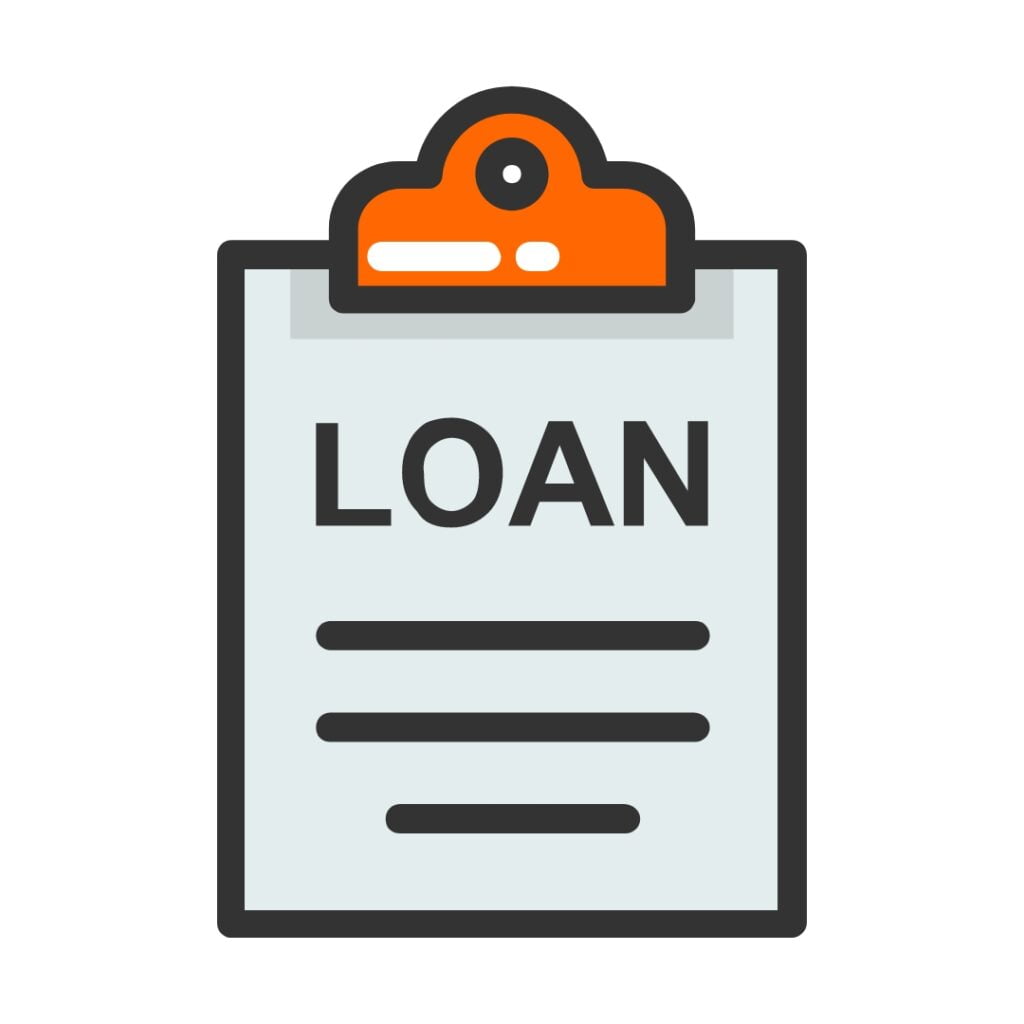
Loan Types
In South Africa, there are several types of loans available, such as personal loans, home loans, vehicle loans, and business loans. Each type serves a distinct purpose: personal loans address individual needs, home loans assist with purchasing or renovating property, vehicle loans are for acquiring cars, and business loans support or expand business activities. The conditions, interest rates, and repayment terms vary based on the loan type and the policies of the lender.
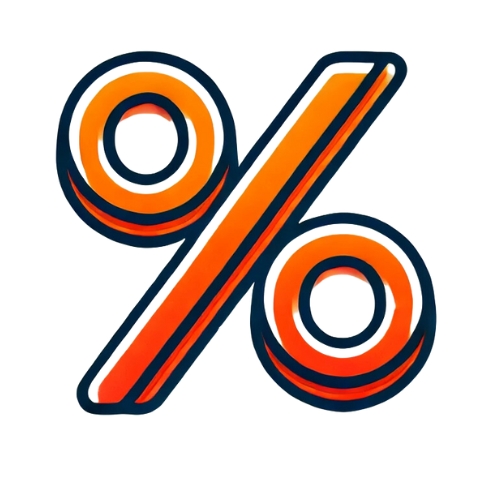
Interest Rates
Interest rates for loans in South Africa can either be fixed or variable. Fixed rates stay the same throughout the loan term, providing consistency in repayments. Variable rates, however, change with market conditions, which can result in varying repayment amounts. The South African Reserve Bank (SARB) affects these rates through its monetary policy, impacting borrowing costs for both consumers and businesses.

Regulations
The National Credit Act (NCA) governs lending practices in South Africa. This act is designed to safeguard consumers by ensuring fair lending practices, offering clear information about loan terms, and preventing excessive debt. Lenders must conduct affordability assessments before issuing loans and are required to disclose all costs related to borrowing.

Secured vs. Unsecured Loans
Secured loans require borrowers to provide collateral, such as a home or vehicle, which the lender can claim if the loan is not repaid. Unsecured loans, on the other hand, do not need collateral, making them riskier for lenders and often leading to higher interest rates for borrowers. The decision between the two types depends on the borrower’s financial situation and the amount of the loan.
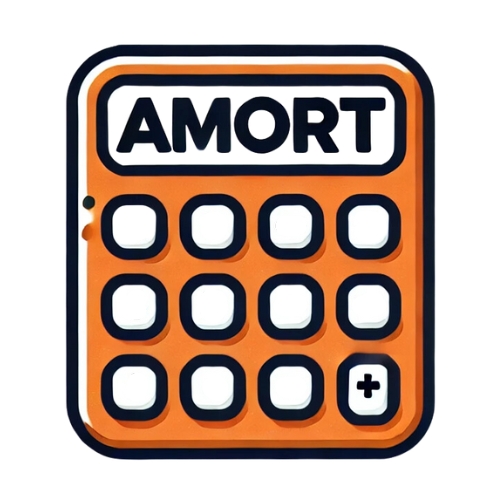
Amortisation
Amortisation refers to the process of distributing a loan into a series of fixed payments over the loan’s term. These payments cover both the principal and interest, gradually reducing the balance until the loan is fully repaid. This approach helps borrowers plan for long-term financial commitments by providing predictable payment amounts throughout the loan term.
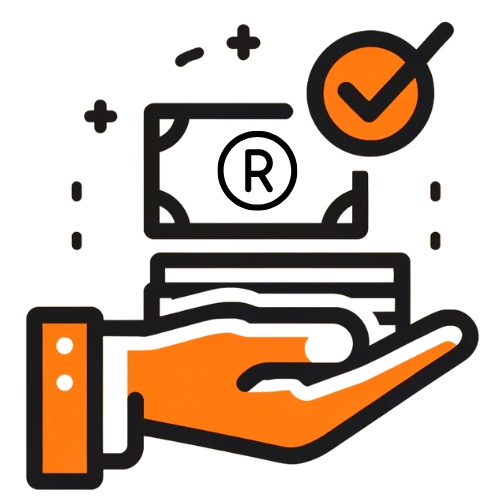
Origination Fees
Origination fees are charged by lenders to cover the costs associated with processing a new loan application. These fees may include credit checks, administrative costs, and other processing expenses. Usually expressed as a percentage of the total loan amount, origination fees can be paid upfront or added to the loan balance, affecting the overall cost of the loan.
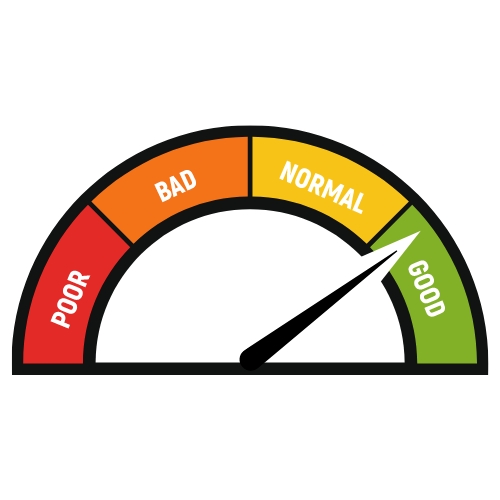
Credit Score Impact
A borrower’s credit score plays a key role in determining the terms and interest rate of a loan. Higher scores generally qualify for lower rates and better terms, as they reflect a history of responsible credit use and repayment. Conversely, lower scores may lead to higher rates or denial of credit due to the perceived risk of default.
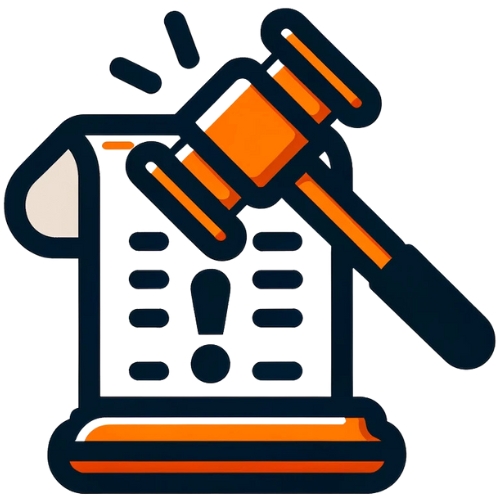
Prepayment Penalties
Some loans impose penalties for early repayment, charging fees if the borrower settles the loan before its due date. These penalties compensate lenders for the interest they lose when a loan is repaid before its due date. Borrowers should review their loan agreements for any prepayment clauses, especially if they plan to refinance or anticipate paying off the loan early.
Want to borrow smartly? Timing plays a crucial role. Our guide on Why June 2025 Could Be the Right Time to Take a Loan breaks down how seasonal trends and economic forecasts make June a key month to consider.

Default Risks
Defaulting on a loan occurs when payments are not made as agreed, which can lead to severe consequences, including damage to credit scores, legal action, and potential loss of collateral (in the case of secured loans). It is important for borrowers to understand their loan terms and manage payments diligently to prevent default, which can affect their ability to obtain future loans and overall financial stability.
Refinancing Options
Refinancing a loan means taking out a new loan to replace the existing one, often with a lower interest rate or better terms. This can reduce monthly payments, shorten the loan term, or consolidate debt. Borrowers should consider the associated costs, such as origination fees and possible prepayment penalties.
Revolving Credit
A line of credit functions as revolving credit, allowing borrowers to access a specific amount of funds that they can borrow, repay, and borrow again. This flexibility is useful for managing cash flow or handling unexpected expenses. Interest is charged only on the amount borrowed, not on the total credit limit.
Balloon Payments
Certain loans are structured with balloon payments, where the borrower makes monthly interest payments and a substantial portion of the principal at the end of the loan period. This arrangement can lead to lower initial monthly payments but requires careful financial planning to manage the large final payment. Balloon payments are common in commercial real estate or business loans.
Understanding how loans work is just the start. Knowing when to borrow can save you money. Read Why July 2025 Is the Perfect Time to Borrow to see how seasonal factors affect affordability and access.
How to Apply for a Loan with Arcadia Finance
Applying for a loan at Arcadia Finance is simple and convenient. Begin your application by heading to our website, where our friendly and knowledgeable team is ready to assist you with any questions throughout the process. You’ll need to provide basic information, such as your income, expenses, desired loan amount, and preferred repayment term. Once you’ve submitted your application, our team will review it quickly and get back to you with a decision shortly.
Loan Forgiveness
Under certain conditions, such as working in public service or teaching, some loans, particularly student loans, may be forgiven, meaning the borrower is no longer required to repay part or all of the loan. Eligibility for loan forgiveness depends on specific program requirements and typically requires a history of consistent, qualifying payments.
Loan Guarantees
In a loan guarantee arrangement, a third-party entity, whether it’s a government agency or a private guarantor, pledges to cover either a portion or the full amount of the loan should the borrower default. This reduces the risk for lenders when offering loans to individuals or businesses that may not qualify based solely on their financial status. Loan guarantees are often used to assist small businesses, students, and housing development projects.
Subsidized Loans
Subsidized loans are government-supported loans where the government covers the interest while the borrower is in school, during grace periods, or while the loan is deferred. These loans aim to assist students with demonstrated financial need, making education more affordable by lowering the cost of borrowing.
Installment Loans
Installment loans are repaid through regular, scheduled payments that cover both the principal and interest. This predictable payment structure helps borrowers manage their finances by providing a clear timeline for loan repayment. Common examples of installment loans include auto loans, mortgages, and personal loans.
About Arcadia Finance
Easily secure your loan with Arcadia Finance. With no application fees and access to 19 trusted lenders, all compliant with South Africa’s National Credit Regulator, you can count on a smooth process and reliable options tailored to your financial situation.

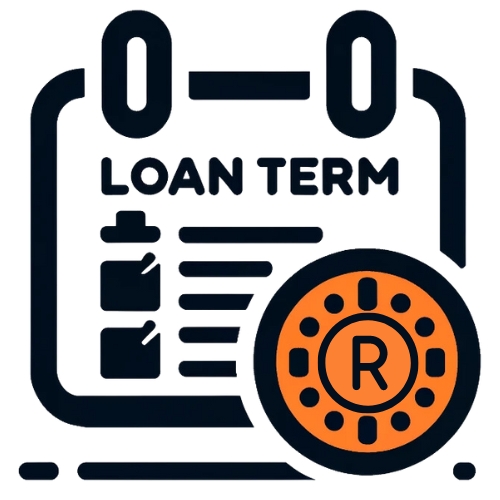
Loan Term
The term of a loan is the period over which the borrower must repay the loan. Opting for shorter loan terms usually means higher monthly payments, but it leads to lower overall interest costs throughout the loan’s duration. Longer terms lower monthly payments but increase the total interest paid. The appropriate term depends on the borrower’s income stability and long-term financial objectives.
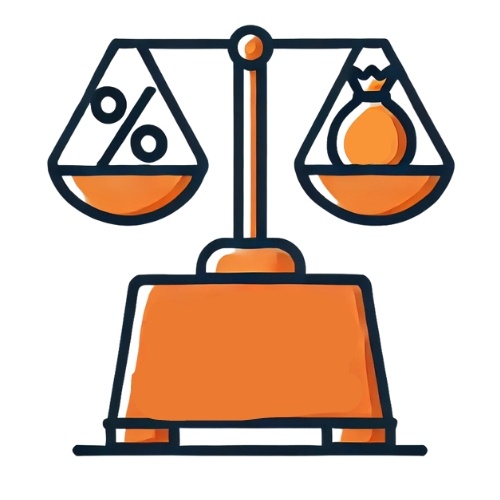
Debt-to-Income Ratio (DTI)
The debt-to-income ratio helps lenders determine if a borrower can manage monthly payments and repay debts. It is calculated by dividing total monthly debt payments by gross monthly income. A lower DTI suggests that the borrower’s debt is manageable in relation to their income, which may lead to better loan terms.

Cosigners
Including a cosigner on a loan can assist a borrower in securing better terms or a larger amount, especially if the cosigner has a solid credit history. A cosigner agrees to assume responsibility for the loan if the primary borrower fails to make payments, which reduces the risk for lenders and often results in lower interest rates.

Annual Percentage Rate (APR)
The APR of a loan encompasses not only the interest rate but also additional costs associated with the loan, such as origination fees and other charges. It offers a complete view of the annual cost of the loan, helping borrowers compare different lenders and loan options more effectively. The APR is essential in assessing the affordability and value of a loan.

Predatory Lending
Predatory lending refers to practices that involve imposing unfair or abusive terms on borrowers. This can include excessively high interest rates, substantial fees, and terms that deceive or take advantage of borrowers. Predatory lenders often target vulnerable groups, leading to a cycle of debt that is challenging to break free from.
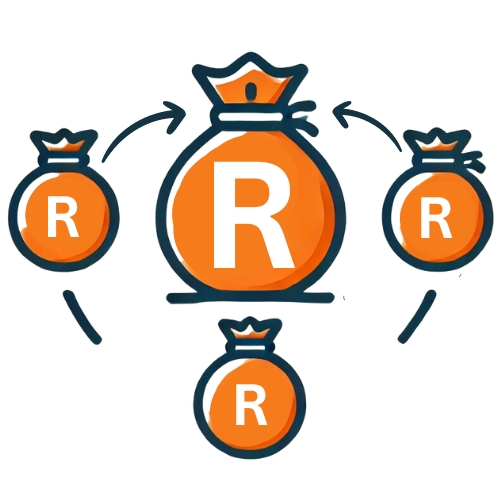
Loan Consolidation
Loan consolidation involves merging multiple loans into a single loan with one payment. This can simplify financial management and potentially reduce interest rates. However, it’s important to evaluate whether consolidation genuinely lowers the cost of borrowing or merely extends the loan term.
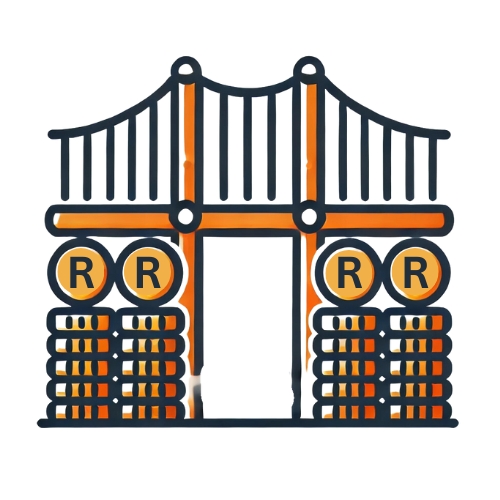
Bridging Loans
Bridging loans are short-term loans used to cover the gap between immediate funding needs and securing long-term financing or fulfilling a financial obligation. They are often used in real estate transactions, where quick funds are needed to secure a property before selling an existing one. Bridging loans typically have higher interest rates due to their short duration and urgent nature.

Peer-to-Peer Lending
Peer-to-peer (P2P) lending connects borrowers directly with investors through online platforms, bypassing traditional financial institutions. This can lead to more competitive interest rates and terms for borrowers, and potentially higher returns for investors. P2P lending platforms manage these transactions by setting rates, terms, and conducting credit checks on potential borrowers.

Online Loans
Online loans provide convenience and fast processing, with applications completed digitally and often without the need to visit a bank. They can range from small, short-term amounts to larger sums with extended repayment periods. These loans are particularly attractive due to their quick approval times, which can be crucial for urgent financial needs.
Conclusion
Understanding the various aspects of loans is important for anyone thinking about borrowing money, whether for personal, educational, or business purposes. Knowing the differences between secured and unsecured loans, as well as details about interest rates, loan terms, and refinancing options, can help you make decisions that suit your financial goals and situation. When evaluating your options, it’s crucial to consider these factors carefully to ensure you choose the most suitable financial path for your future.
Frequently Asked Questions
In South Africa, the primary types of loans include personal loans, home loans, vehicle loans, and business loans. Personal loans are used for individual needs such as medical expenses or travel. Home loans are intended for purchasing or renovating property. Vehicle loans assist in acquiring cars or motorcycles. Business loans support the operations, expansion, or start-up of businesses. Each type has different conditions, interest rates, and repayment terms tailored to its specific purpose.
Fixed interest rates remain the same throughout the loan term, providing predictable monthly repayments. Borrowers will pay the same amount each month, regardless of market fluctuations. Variable interest rates, however, can change according to market conditions and the South African Reserve Bank’s monetary policy. This may result in fluctuating monthly repayments, potentially increasing or decreasing over time based on economic conditions.
Credit scores are important for determining loan eligibility and terms in South Africa. They represent an individual’s creditworthiness based on their credit history, including past borrowing and repayment habits. A higher credit score generally leads to better loan conditions, such as lower interest rates and higher borrowing limits. In contrast, a lower credit score may result in higher interest rates and stricter terms, as it suggests greater risk to lenders.
The National Credit Act (NCA) regulates lending practices in South Africa to protect consumers. It ensures fair and transparent lending by requiring lenders to provide clear information about loan terms and conditions. The NCA also mandates affordability assessments to prevent borrowers from becoming over-indebted. The act aims to promote responsible lending and borrowing, making loans accessible while protecting consumers from excessive debt and unfair practices.
In South Africa, late payments on loans can result in penalties and additional fees, which vary by lender and loan agreement. Regularly missing payments can negatively impact the borrower’s credit score, making future borrowing more difficult and costly. Some loan agreements also include prepayment penalties, which charge a fee if the borrower repays the loan early. This compensates lenders for the lost interest income. Borrowers should carefully review their loan agreements to understand these potential costs.



